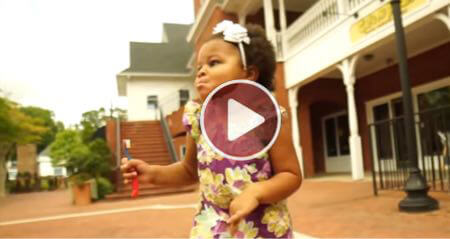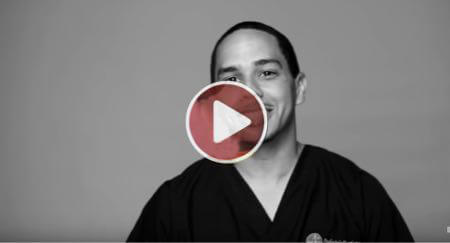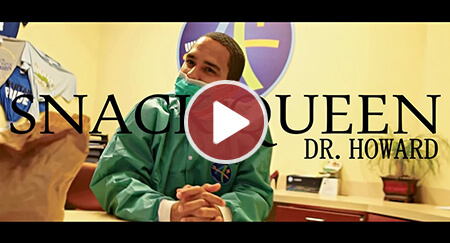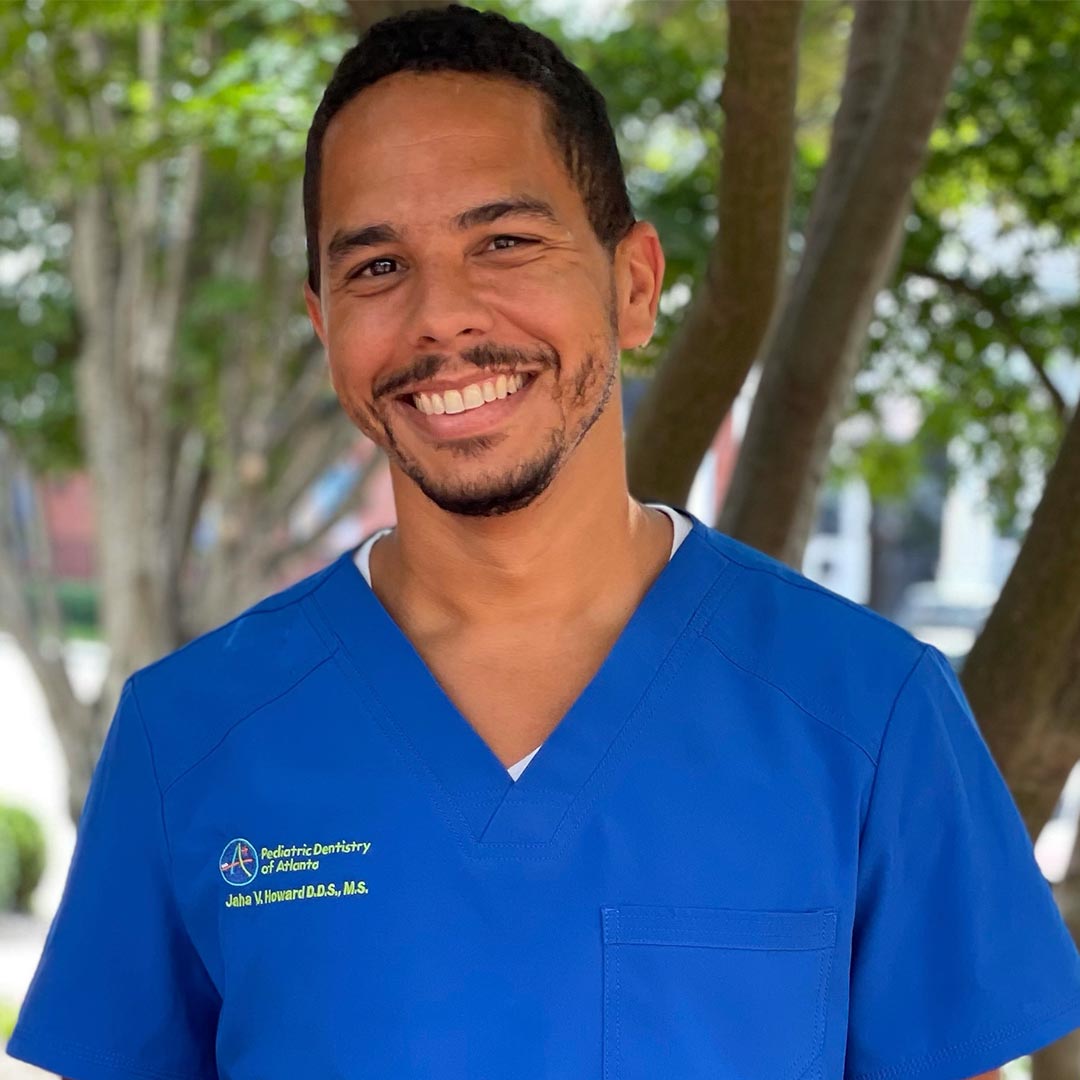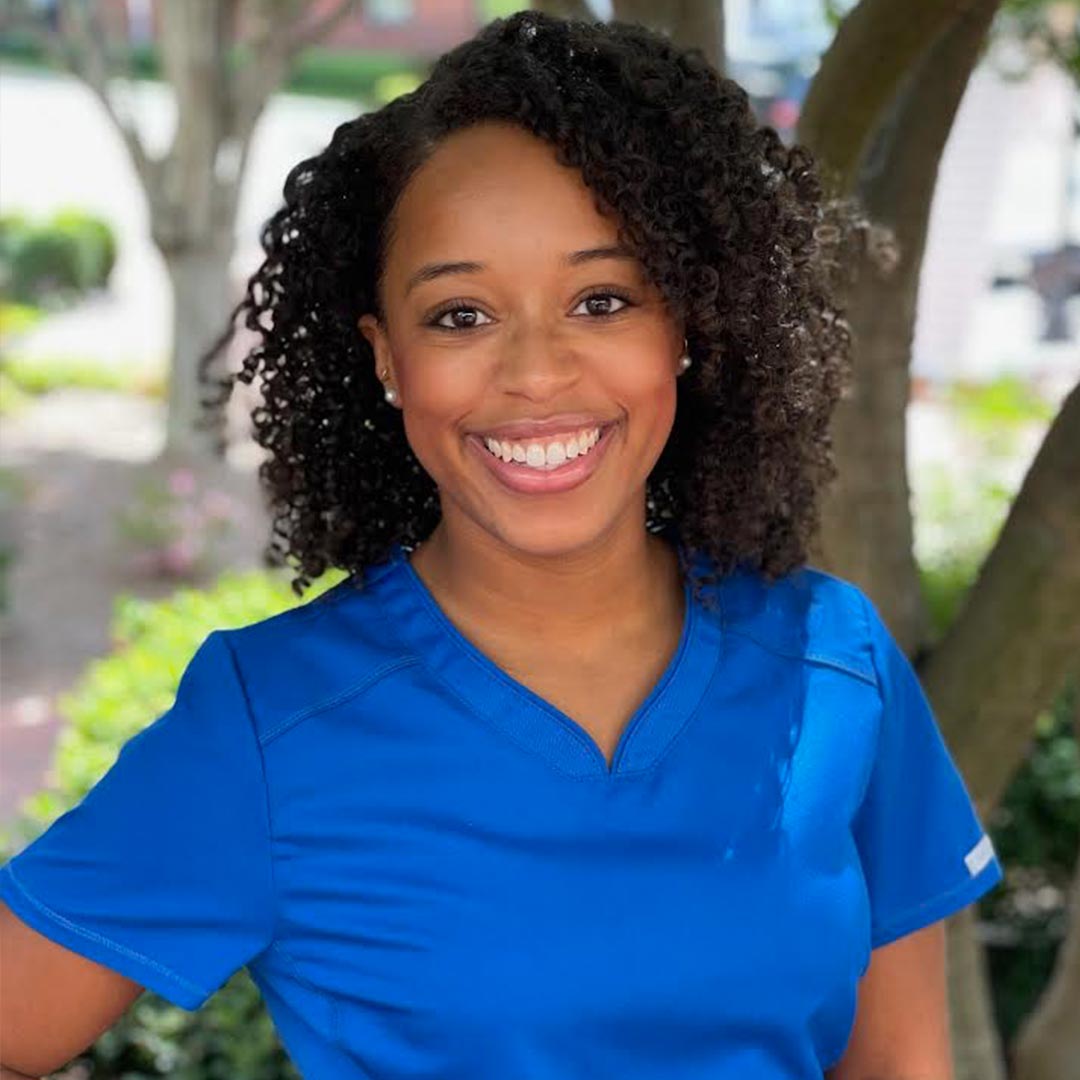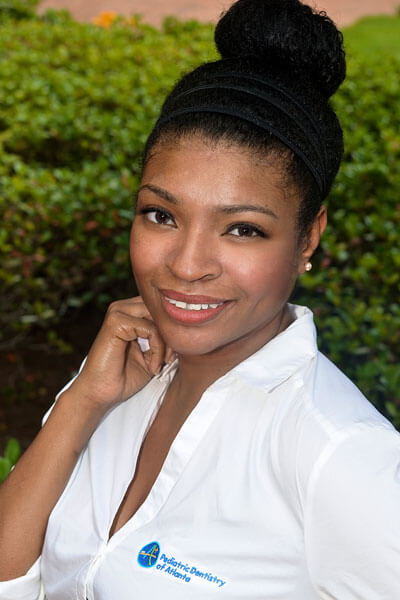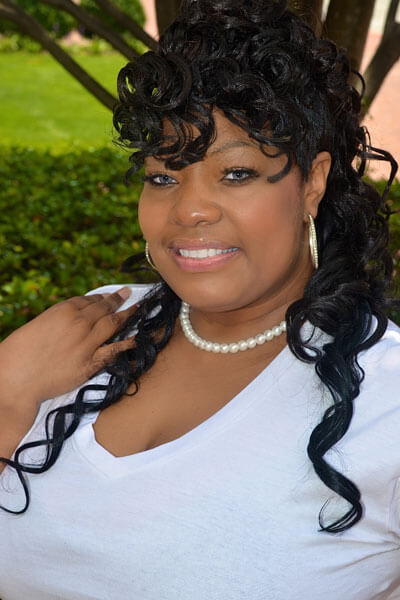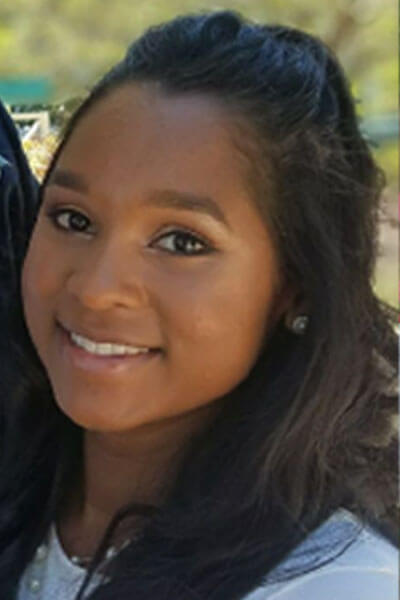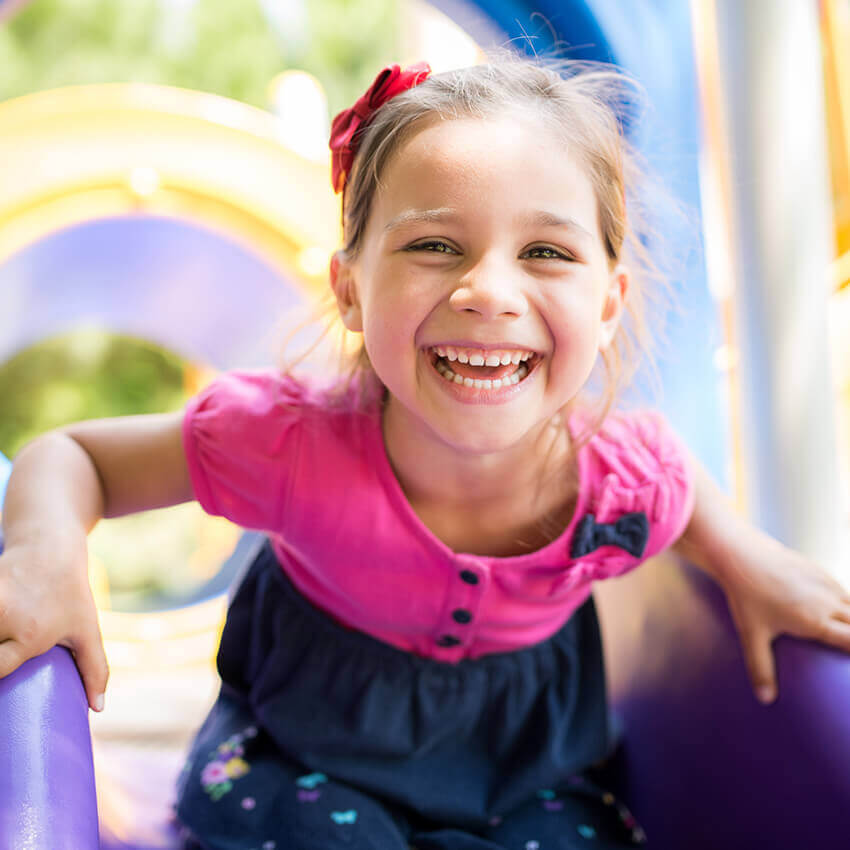
Infant's First Visit
Read More
For new parents we follow the recommendations of the
American Academy of Pediatric Dentistry - "first visit
by the first birthday". Recognizing the short
attention span of 1 year olds, Dr. Howard will perform
an exam, demonstrate proper oral hygiene techniques,
and discuss your child's eating, feeding, and oral
habits with you.
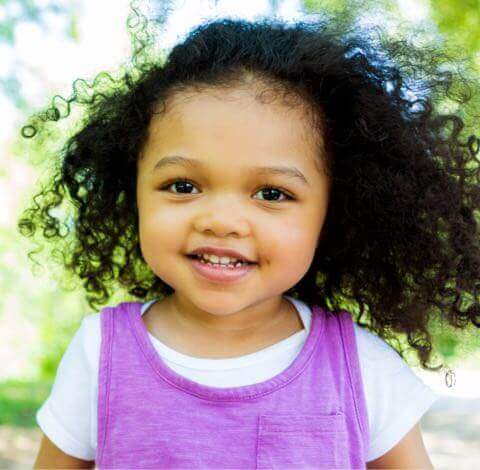
Child's First Cleaning
Read More
We recommend a complete dental exam, a professional
cleaning, and a topical fluoride application at 2 to 3
yrs of age. During this visit we allow extra time for
your child to become acquainted with our staff and to
inspect our facilities. By proceeding at a reasonable
pace and explaining procedures in age appropriate
terminology, most fears and anxieties are eliminated.
We evaluate your child's brushing skills and correct
any deficiencies. X-rays are not a routine part of our
exam, and are only administered when further
information is necessary to complete an accurate
diagnosis.
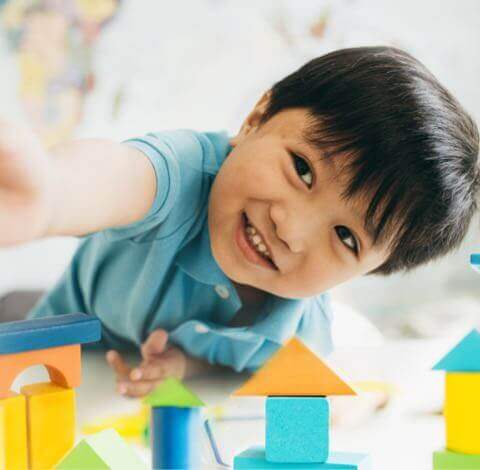
Digital X-Rays
Read More
Dental x-rays or radiographs allow the dentist to see
things about your oral health that cannot be seen by
the naked eye. These items include cysts, cancerous
and non-cancerous tumors, invisible decay that occurs
between teeth, and the location of teeth that haven't
grown all the way in. Modern dental x-ray machines are
very safe. We use only state-of-the-art, low radiation
machines. The amount of radiation exposure your body
receives on an airplane flight from Los Angeles to New
York exceeds the amount of exposure you will receive
from a modern dental x-ray machine. Contrast this
minimal exposure with the risk of not finding an
illness until it is too late, and you can see why we
prescribe regular diagnostic x-rays.
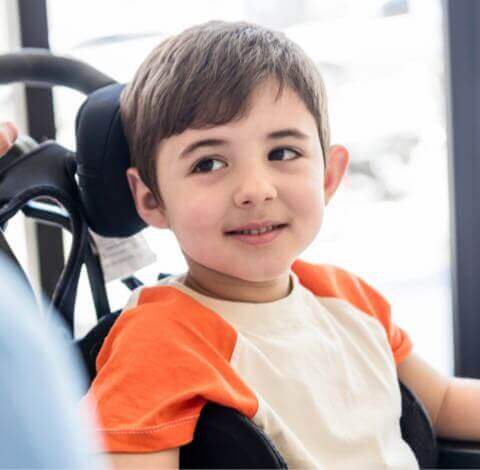
Special Needs Care
Read More
We are committed to providing the best dental care for
all children regardless of their developmental or
other special health care needs. We are specifically
trained to diagnose dental problems and treat these
special patients in our practice. Our reward is
forming life-long friendships with them and their
caregivers.

Preventive Care
Read More
Prevention is always better than treatment. Brush your
teeth twice daily using any soft-bristled,
ADA-approved tooth brush. We also recommend the use of
modern electric tooth brushes such as Sonicare and
Braun. Floss daily to remove plaque between teeth that
you can't reach with regular brushing. Always rinse
thoroughly with water after brushing (or after meals
if you are unable to brush.) You may occasionally use
a mouthwash to rinse. Children may benefit from the
use of ACT fluoride rinse, to help prevent cavities
from forming in between the teeth.

Juvenile Crowns
Read More
A crown (often called a cap) covers the tooth and
restores it to its original shape and size. Decay is
removed and cleaned from the tooth and a preformed
crown is placed over the tooth. Unlike adult crowns,
in which the crown is made to fit the tooth, which
requires two appointments, baby crowns are placed in
one visit, because the tooth is prepared to fit the
crown.
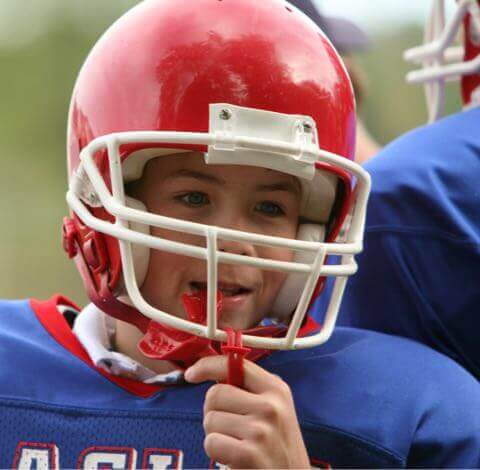
Mouth Guards
Read More
We recommend mouth guards for all our sports active
patients. A mouth protector minimizes the potential
for tooth fracture or loss due to traumatic injury. In
addition, it can reduce the concussive effects of
certain head injuries. We provide custom-made
pro-style mouth guards to all of our orthodontic
patients free of charge during treatment.

Patient Comfort
Read More
Dr. Jaha Howard's office was designed for infants,
children and teens. Our facilities are designed to
make kids feel right at home. It's a unique
Jungle-themed atmosphere that helps children relax and
enjoy their experience. Children deserve to experience
a gentle, caring approach to their dental care. We
offer nitrous oxide (laughing gas) for the slightly
anxious child. An extremely safe option, nitrous oxide
helps a child who is cooperative but worried about
various aspects of their appointment. It helps
alleviate anxiety about having instruments placed in
the mouth.
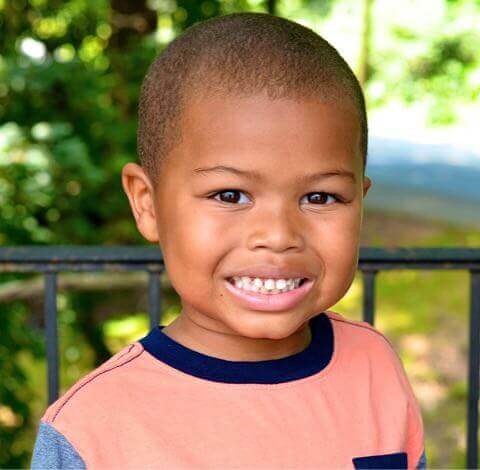
Sealants & Fillings
Read More
Normal pits and grooves on the chewing surfaces of
back teeth can trap food that can't be removed by
brushing or washed out by water or saliva. A sealant
is a tough, plastic material designed to bond (stick)
to tooth enamel. Composite fillings are more than just
attractive. They require minimal tooth preparation, in
other words less healthy tooth structure is removed to
restore the tooth. Also, a sealant can be placed over
the remaining exposed grooves of the tooth to minimize
the risk of decay on another area of the tooth.
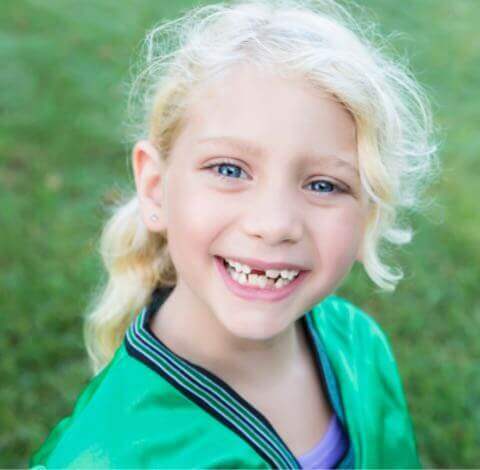
Space Maintainers
Read More
When your child prematurely loses a baby tooth, the
use of a space maintainer may be used. A space
maintainer -- a combination of bands and wires
designed to hold the remaining teeth in a position
that will allow the future permanent tooth to erupt in
the proper location.

Oral Sedation
Read More
We offer several sedation dentistry options depending
on your child’s needs and how much treatment is
needed. Nitrous oxide is a safe, effective option for
children who are apprehensive about treatment and
quickly dissipates with normal breathing after the
treatment completes. Oral sedation is recommended for
apprehensive children, very young children, or
children with special needs. It is used to calm your
child and reduce anxiety or discomfort associated with
dental treatments. Your child will be quite drowsy and
may even fall asleep but they will not become
unconscious.

Baby Root Canals
Read More
Also known as a Pulpotomy, a root canal is required
when decay has reached the nerve of a baby tooth. It
can be quite painful, so we recommend this treatment
to preserve the tooth so that it can fall out
naturally. Unlike adult root canals, this is a very
short procedure that only requires part of the tooth
pulp to be removed.


